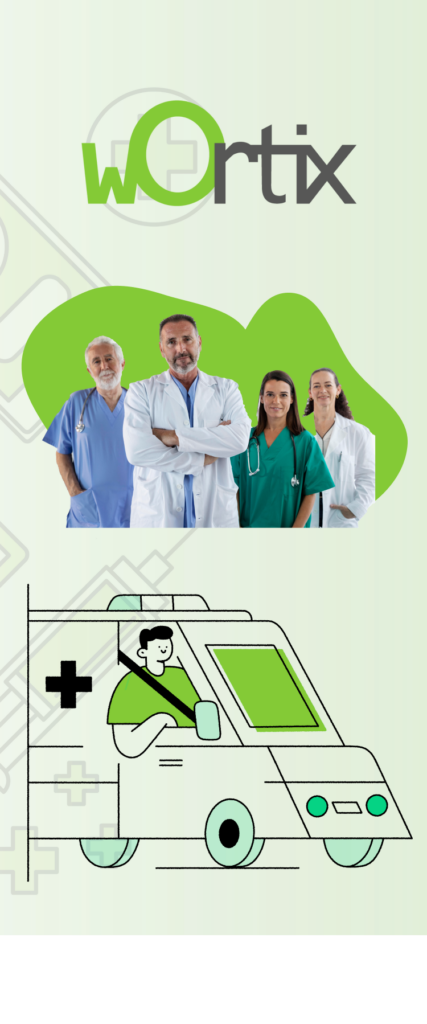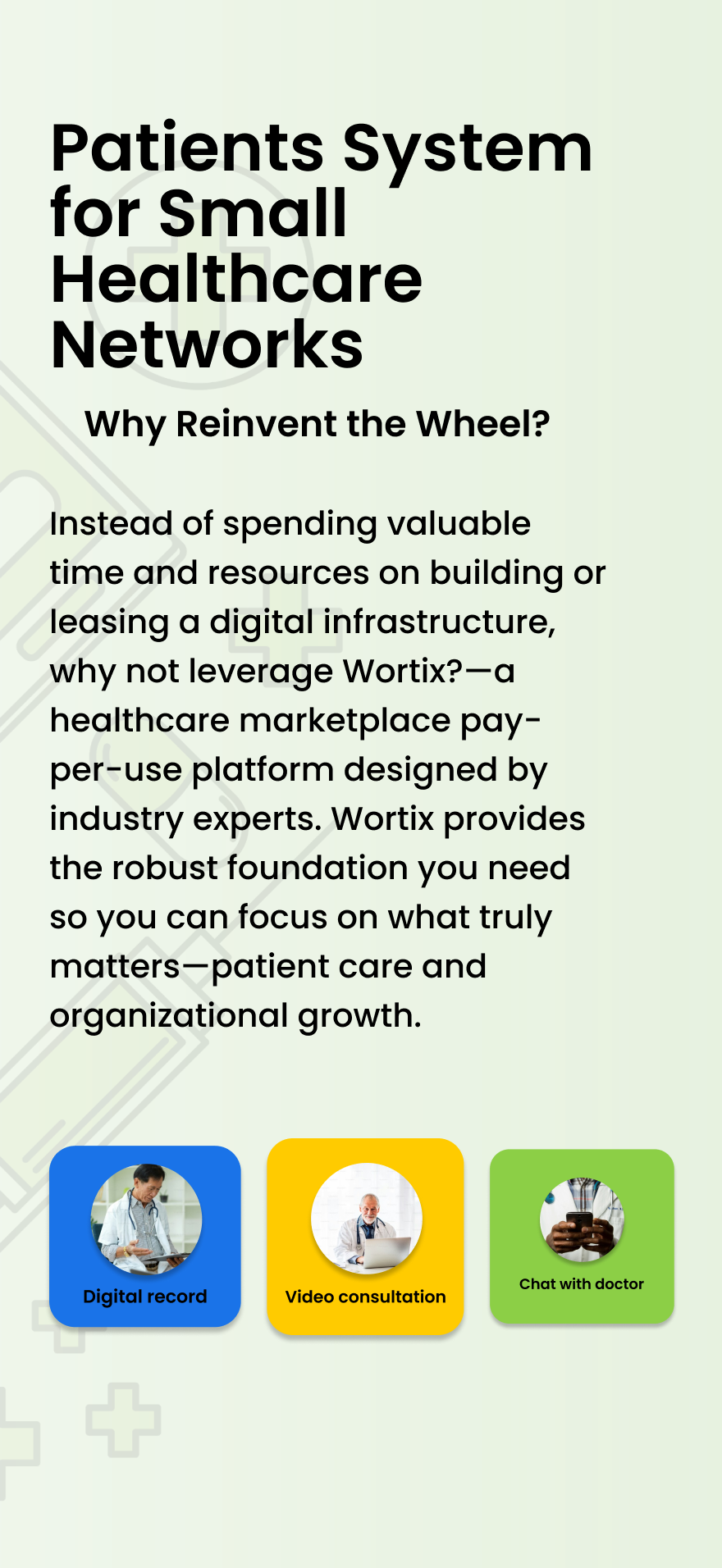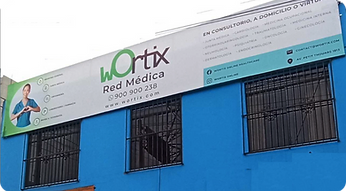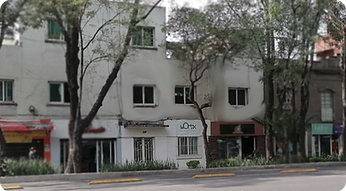The landscape of healthcare is ever-evolving. New technologies and advances in medicine are transforming patient care, reshaping patient management. Organizations must adapt to meet patients’ evolving needs, desiring access to medical data anywhere, anytime, and seamless communication with healthcare providers.
A global healthcare platform can address these needs. These platforms integrate data from multiple sources, including electronic health records, lab information systems, and billing systems. This allows healthcare organizations to gain a comprehensive view of each patient, facilitating care coordination and identifying potential risks.
Patient management transformed by technology
Patient management technologies, such as hospital information systems and electronic health solutions, play a significant role in healthcare transformation, enhancing patient management within organizations. These technologies enhance efficiency, accuracy, and coordination in managing patient information.
Here are some key areas where patient management technologies have positively impacted healthcare:
Information recording and access:
Patient management solutions enable the creation of electronic health records, facilitating storage, updates, and access to patients’ medical information. This eliminates reliance on paper records and eases information exchange among different healthcare professionals involved in patient care.
Care coordination:
Patient management technologies can improve care coordination by allowing different healthcare providers access to up-to-date patient information. This helps avoid duplication of tests and treatments, enhances communication among the care team, and promotes comprehensive, patient-centered care.
Appointment scheduling and tracking:
Patient management solutions can streamline appointment scheduling and attendance tracking. Systems can send automated appointment reminders, reducing no-shows and ensuring better utilization of healthcare resources.
Workflow facilitation:
Patient management technologies can enhance efficiency and workflow in healthcare organizations. For instance, systems can automate administrative tasks, such as billing and insurance management, freeing up time for healthcare professionals to focus more on direct patient care.
Data analysis:
Patient management solutions enable more efficient data collection and analysis. This helps identify trends, improve clinical and administrative decision-making, and facilitates research and health policy development.
These are just a few examples of how patient management technologies have transformed healthcare. It’s important to note that technological advancements continue to evolve, leading to new solutions.
Implications for healthcare organizations
As experts in digital health, we collectively recognize the transformative impact of implementing a global healthcare platform that operates as a network of networks for patient management in healthcare organizations. This initiative revolutionizes care coordination by integrating systems, optimizing workflows, and enhancing the experience for both healthcare professionals and patients.
As a team, we leverage interoperability, fostering collaboration among different healthcare organizations. Seamless and secure communication among professionals, supported by efficient data sharing, optimizes decision-making and improves care continuity.
Furthermore, we collectively benefit from integrated task management tools that allocate and monitor responsibilities equitably, avoiding redundancies and improving operational efficiency. The platform also nurtures a culture of collaboration through ongoing training programs, strengthening active participation in interorganizational activities by healthcare personnel.
In summary, implementing a global healthcare platform represents a positive evolution in patient management.

Case studies for patient management transformation
Case Study 1: Patient Management Transformation in a Rural Clinic
Context:
A clinic in a remote rural area faced challenges accessing specialized resources and services, impacting efficient patient management.
Solution:
Implementing Wortix, the global healthcare network, allowed instant connection with online specialists and access to shared electronic records.
Results:
- Significant reduction in waiting times for specialized consultations.
- Improved care coordination through shared records.
- Resource optimization with remote access to specialized services.
Case Study 2: Effective Coordination in an Urban Hospital
Context:
An urban hospital faced challenges in coordinating between departments and healthcare professionals, affecting care continuity.
Solution:
Integrating Wortix as the central platform for patient management, facilitating communication and access to shared electronic records.
Results:
- Reduced errors due to improved accessibility of accurate data.
- Increased coordination among healthcare professionals in different specialties.
- Decreased waiting times and improved operational efficiency.
Case Study 3: Enhanced Monitoring of Patients with Chronic Diseases
Context:
Healthcare professionals were treating patients with chronic diseases requiring constant monitoring and proactive care.
Solution:
Implementing Wortix for remote patient monitoring, allowing real-time reception of vital data and sending automated reminders.
Results:
- Early identification of changes in patients’ health.
- Reduced unnecessary hospital visits.
- Increased patient engagement in managing their health.
These case studies illustrate how Wortix has transformed patient management, providing effective solutions in both rural and urban settings and improving care for patients with chronic diseases. The platform has become a catalyst for more efficient, coordinated, and patient-centered care.
Final reflections
By connecting healthcare networks, we have achieved more efficient and patient-centered care. Improved coordination, instant access to vital information, and resource optimization are evidence of how this innovative solution has streamlined our operation, providing tangible benefits for both patients and healthcare professionals.
When adopting a technological solution, organizations have experienced significant improvements in operational efficiency, care coordination, and the quality of provided care.
The healthcare platform has allowed organizations to collect, store, and access patient information more efficiently, eliminating dependence on paper records and streamlining information flow among different healthcare professionals. This has facilitated clinical decision-making, avoided duplication of tests and treatments, and promoted more personalized care.
We are committed to continuing to leverage this network of networks to improve healthcare and deliver exceptional outcomes. Discover how Wortix can connect healthcare services in a single digital environment, providing comprehensive and personalized healthcare.
**
Reference:















